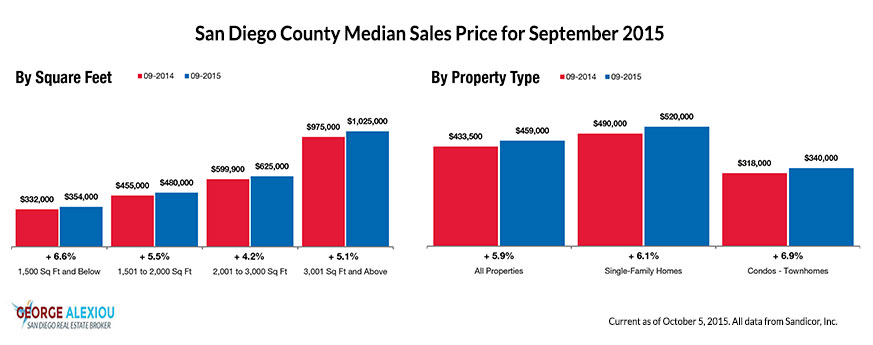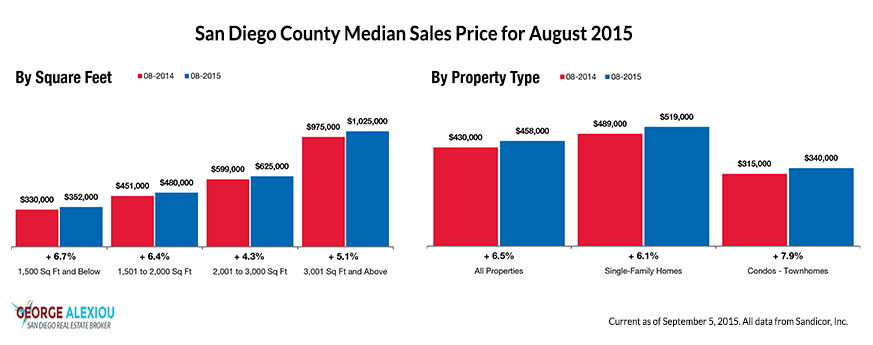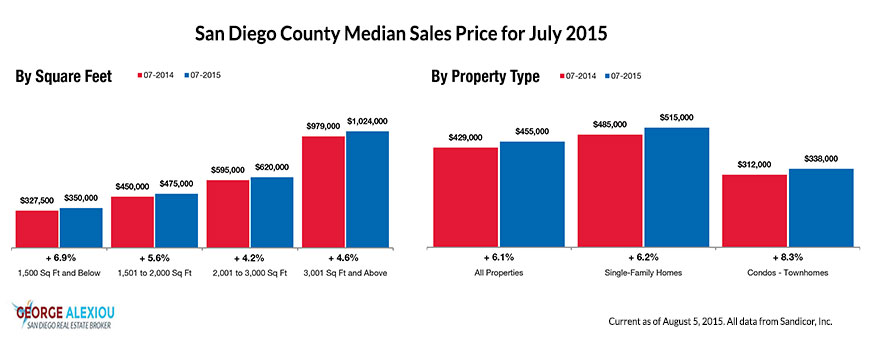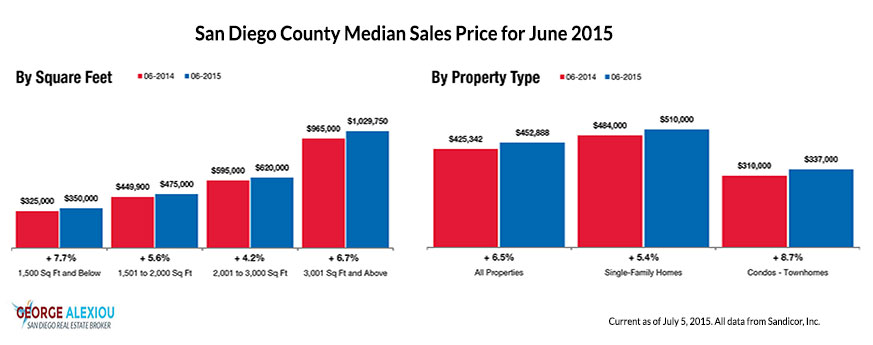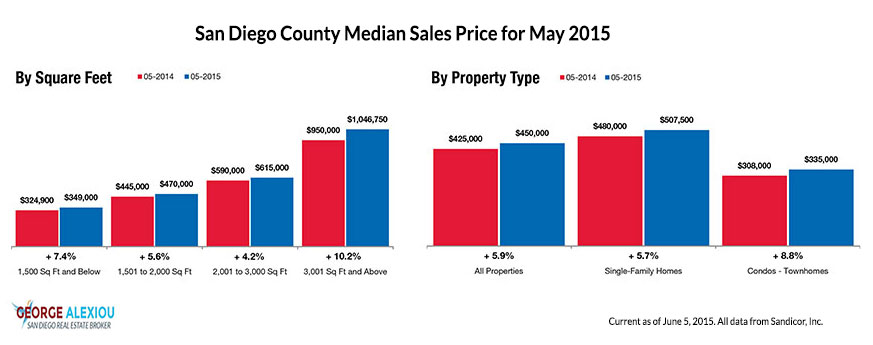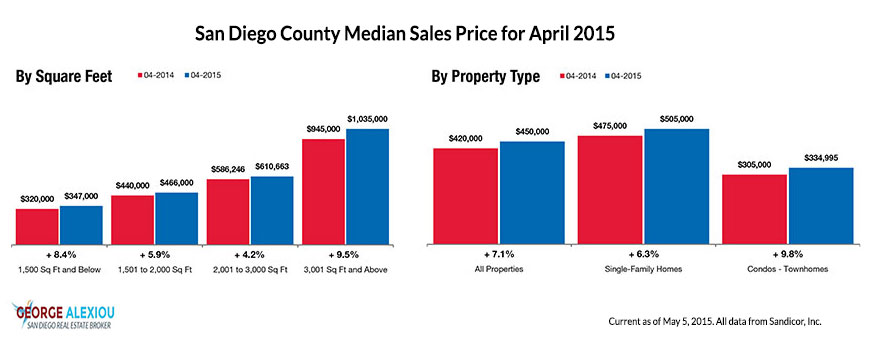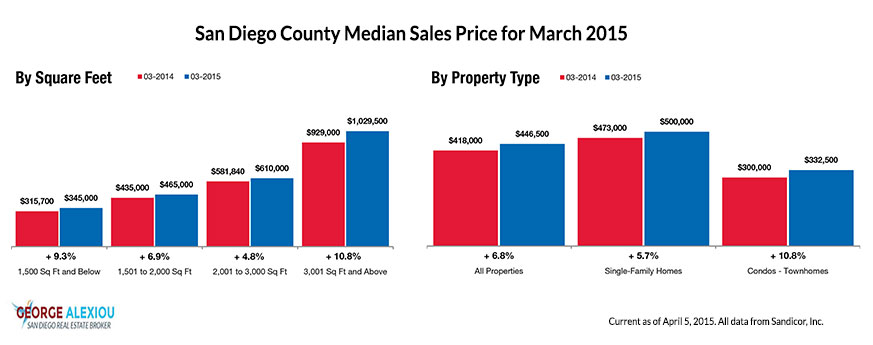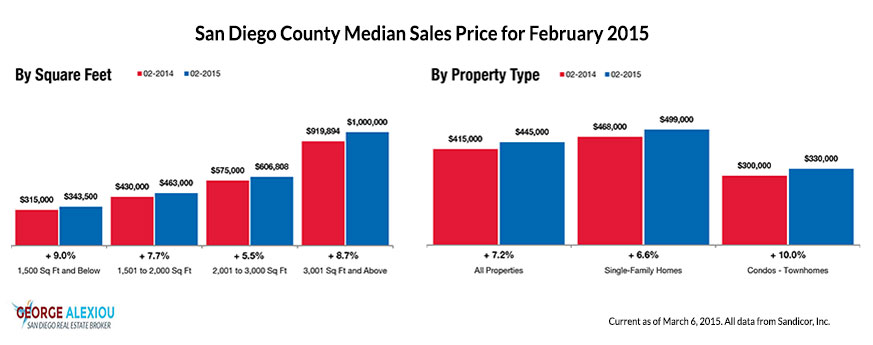Internal water conservation law takes effect January 1, 2017
Effective January 1, 2017, new water conservation regulations will take effect for interior water fixtures in almost all single family residential properties. This article will explain the law and the requirements.
In 1992, the California Legislature passed SB-1224 which imposed water conservation standards on all toilets and urinals installed in all single family
residential homes, multi-family residential properties, and commercial properties. These standards are:
- Toilets – no more than 1.6 gal/flush.
- Urinals – no more than 1.0 gal/flush.
However, SB-1224 only applied to new fixture installations after January 1,1994. Older properties were exempt from the law.
With California’s on-going drought, lawmakers turned their attention to extending these requirements to the rest of the property in California. As a result, in 2009 the California Legislature passed SB-407 extending the toilet and urinal standards to all properties built before January 1,1994 and in addition added shower and faucet standards:
- Showers – no more than 2.5 gal/min.
- Internal Faucets – no more than 2.2 gal/min.
These requirements were added to California law as Sections 1101.1-1102.115 of the Civil Code.
The lawmakers appreciated that complying with these standards could cause some economic hardship if retrofit was immediately required so a schedule of compliance was established.
All single family residences must be in compliance by January 1, 2017; and All multi-family and commercial properties must be in compliance by January 1,2019.
In addition, if any such properties were being substantially improved or refinanced prior to the compliance deadline, compliance must occur at the time of improvement or refinance.
In addition, the law requires that any Seller must disclose to any Buyer whether or not the property is compliant with the water conservation law. This is in part already referenced in the California Real Estate Transfer Disclosure Statement (“TDS”) and noncompliance would have to be disclosed on the Seller Property Questionnaire (“SPQ”). While the law does not impose this disclosure obligation on real estate agents, the prudent agent should inquire whether or not a property is in compliance since it is possible that a Seller might not be aware of the law.
While there are no monetary sanctions set forth in the law for non-compliance, local governments and water agencies have the authority to impose additional regulations which could include noncompliance penalties. Further, non-disclosing Sellers would reasonably be liable to Buyers for the costs of compliance.


